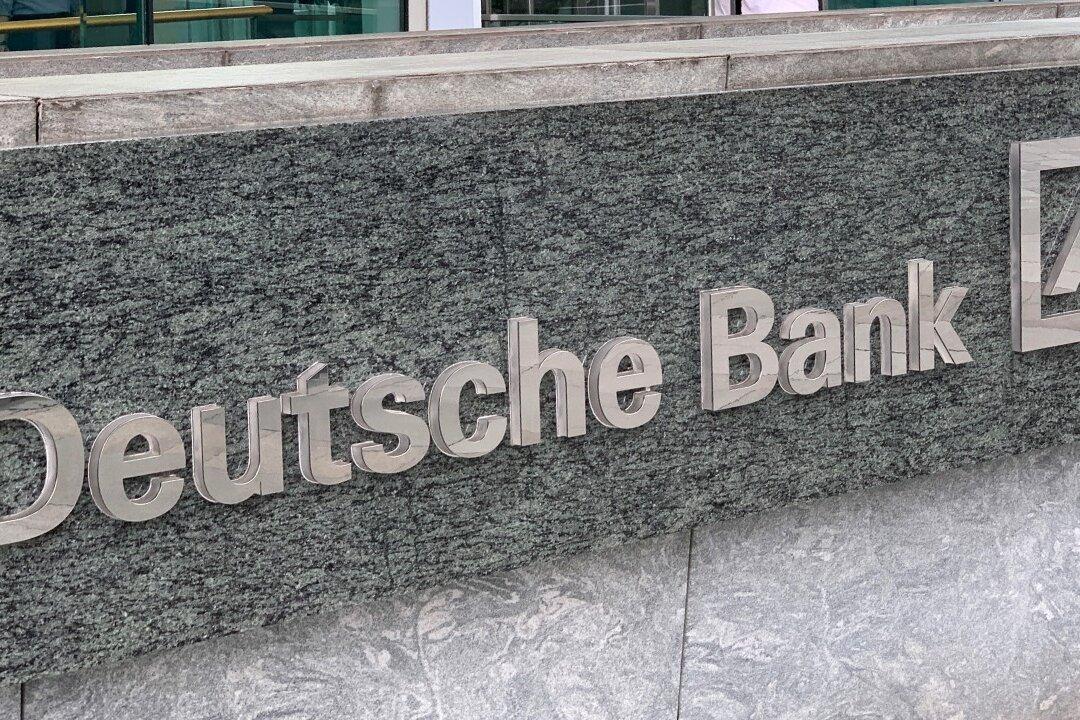Deutsche Bank has projected that a “more severe recession” is likely to occur in the near future and earlier than it had previously predicted amid aggressive interest rate hikes by the Federal Reserve and signs of an economic slowdown.
“More than two months ago, we forecasted that the U.S. economy would tip into a recession by end-2023,” Deutsche Bank Chief U.S. economist Matt Luzzetti wrote in a note to clients on Friday.




